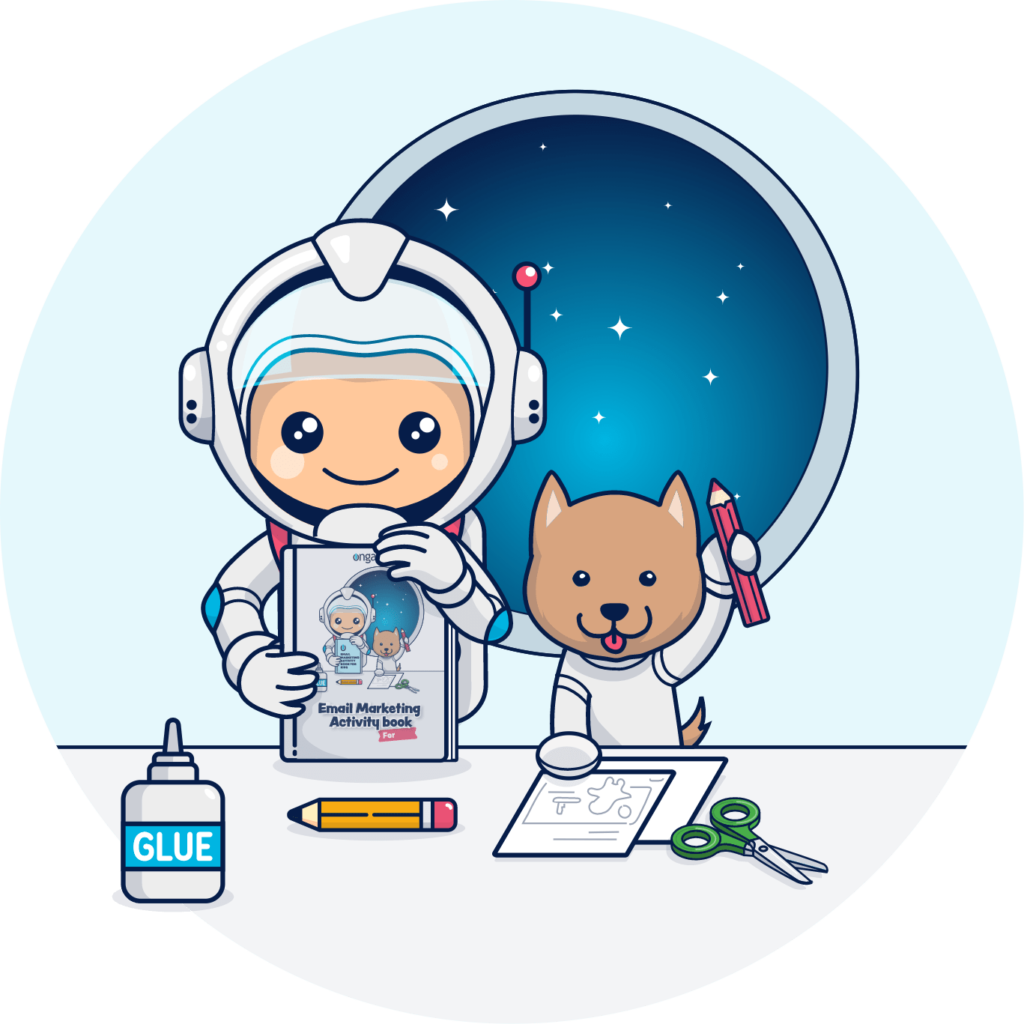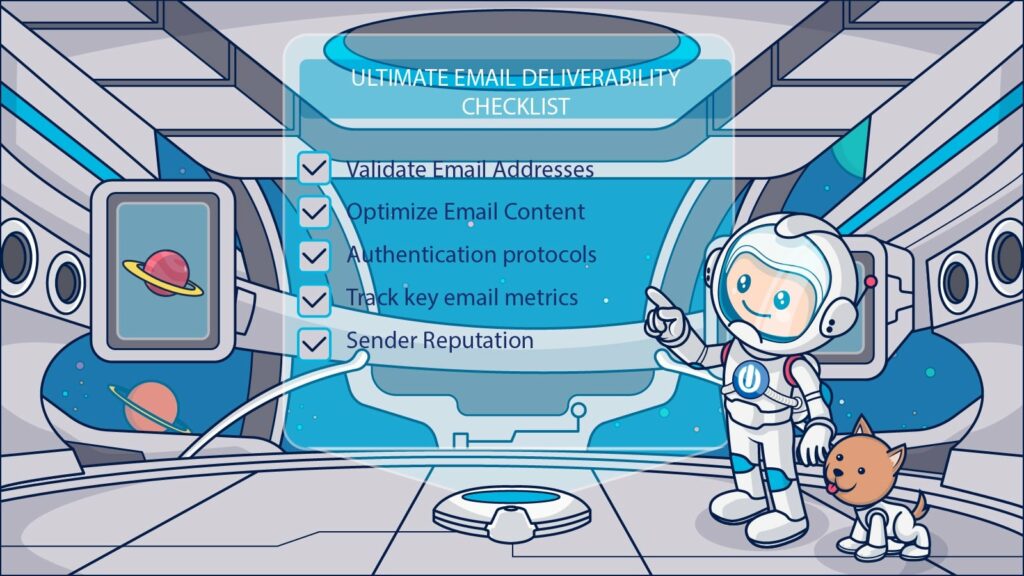Email marketing is about reaching out to people and establishing meaningful connections between customers and brands. As such, it is a useful route to business expansion.
However, in that pursuit of growth, marketers must take care to avoid certain pitfalls in how they communicate with customers, as the success of an email marketing campaign often hinges on small details.
Email list fatigue affects your email hygiene and it’s definitely one of the things you should aim to minimize.
What does “email list fatigue” mean?
Email list fatigue is when the interest of those on your mailing list begins to dwindle.
This is a serious problem, as a consistent loss of engagement will be reflected in key email marketing metrics, such as open rate, click-through rate, and conversion rate. That means that your campaigns will begin to yield diminishing returns over time if your lists become fatigued.
Moreover, it can cause your unsubscribe rate to rise, and frustrated users may even begin to report your emails, leading to dreaded deliverability issues.
List fatigue can happen to any brand, even those who have acquired their lists through permission-based means to assure the highest initial level of interest from subscribers.
What causes email list fatigue?
While it’s important not to let customer relationships run cold, it is equally important to allow them to breathe.
Email list fatigue is a symptom of an email marketing approach that fails to achieve the correct balance, and the result is that subscribers begin to feel less interested in the brand in question.
The following are some of the most typical causes of email list fatigue:
Incorrect frequency
One of the primary causes of email list fatigue is sending out emails with the wrong frequency.
When you continually send messages to your subscribers with high frequency, those subscribers are likely to become burned out by the incessant contact.
They will become desensitized to your message and frustrated by your methods. As a result, they will cease engaging with your brand.
At the same time, sending too few emails will allow customer engagement levels to drop off, and this will also harm the success of your campaign.
For that reason, achieving a good balance is paramount.
Poorly timed send-outs
An important part of effective email marketing is choosing the right moment to reach out to subscribers with a key message. In some cases, email list fatigue can result from emails being sent out to subscribers at inopportune moments.
For instance, if a subscriber receives your marketing content at a time of the week when they are busy dealing with a high volume of important emails from other contacts, they are less likely to be receptive to your message and more likely to see it as an annoyance.
This means that even if you take care not to send out marketing emails too often, your email list can become fatigued if you do not choose the optimal sending time.
Unengaging content
Customers are used to personalized marketing experiences, so they expect the marketing content they receive to be interesting and relevant to them.
This means most email users have a low tolerance for generic and irrelevant emails, and will quickly become burned out if they perceive the information in your messages to be unrelated to their needs or interests.
While the blame may fall at the feet of the marketer in some cases, this can also result from a change in the circumstances of the recipient.
How to deal with email list fatigue
The following are some key measures that you can take to help prevent email list fatigue:
Segment your subscribers
It’s important to keep your customer relationships on an even keel, so you should monitor engagement levels and segment your subscribers accordingly before carrying out your email marketing campaigns.
This enables you to ensure that you have determined the optimal amount of interaction for each subscriber. As a result, you will be less likely to burn them out by sending emails too frequently.
Conduct A/B testing
Before conducting a send-out, you must carry out the appropriate testing. This enables you to determine the optimal sending times to send out your emails to elicit the most positive response.
Doing this will reduce the risk of you reaching subscribers at moments of stress or frustration, allowing you to engage customers rather than exhaust them.
Perform email list cleaning
Despite your best efforts, subscribers may change their minds about your brand from time to time as a result of personal circumstances.
In instances where subscribers’ activity begins to fall, rather than burning them out, you’re better off removing them from your email list to preserve your key email marketing metrics.
Conclusion
Email list fatigue is a serious issue for marketers as it can drastically reduce the success rate of email marketing campaigns in the long term if left unchecked. Fortunately, avoiding email list fatigue is relatively straightforward for those who closely monitor customer engagement.
By maintaining good list hygiene, using segmentation, and testing your marketing emails, you can keep your send-outs timely, relevant, and engaging so that email list fatigue remains a distant concern.









